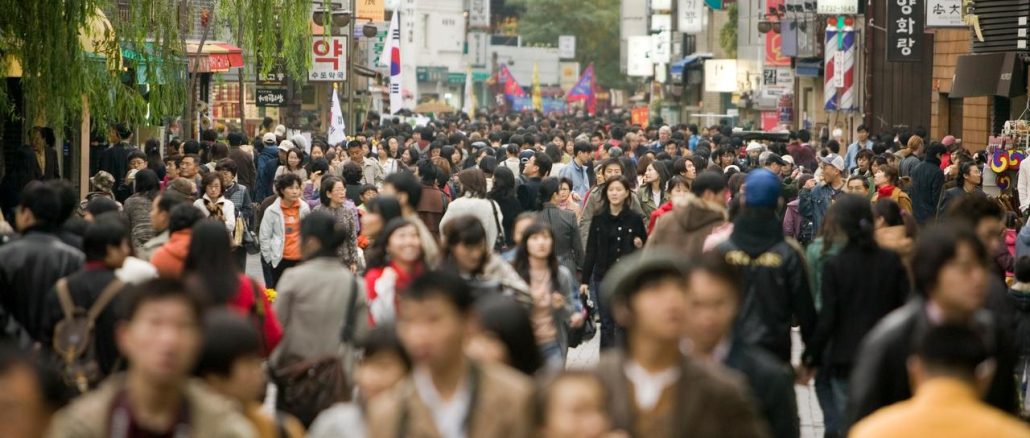
The New Age Calculation System
South Korea has implemented a new age calculation system, resulting in every South Korean citizen becoming one or two years younger overnight.
Previously, South Korea used multiple methods to calculate the age of its residents. While one method aligned with international standards, another method considered children to be one year old at birth. Under this system, their age did not increase on their first day of birth but on the first day of the new year.
Children born on the last day of the year could celebrate their second birthday after midnight under the Korean age system. However, President Yoon Suk-yeol pledged during his election campaign to abolish this system.
President’s Effort to Simplify
President Yoon considered the age calculation system to be unnecessarily complex and costly. As a result, a new age calculation system has been implemented from Wednesday, bringing an end to the multiple systems. Although the transition has not caused major disruptions within the government, it did require some adjustment, as reported by the South Korean news agency, Yonhap.
Confusion Among Schools, Dating Companies, and Travel Organizations
The implementation of the new age calculation system has caused confusion in various sectors. Schools, in particular, have experienced challenges in adapting to the change. Yonhap interviewed a primary school teacher who shared that some young students were upset about suddenly being two years younger, as age is often a source of pride for them.
Dating companies and travel organizations have also faced difficulties due to the new system. Rates and policies can be influenced by the age of customers, making it necessary for these businesses to adjust their practices. For example, some companies offer free trips for children under the age of six; one such company announced that it would continue to determine eligibility based on the Korean age for the remainder of the year.
The Impact on Legal Standards
While the Korean age system has been discarded for general purposes, the South Korean government has already been using the international age system in certain legal contexts. For instance, the international age system is applicable to compulsory military service and determining the legal drinking age.
The Reaction of the South Korean Population
Overall, South Koreans have expressed mixed reactions to the sudden change in their age. Some individuals have embraced the adjustment, finding it a positive opportunity to feel younger. However, others have experienced confusion and emotional reactions, particularly among those who were used to celebrating birthdays on the first day of the year.
Despite the initial challenges, it is expected that South Koreans will quickly adapt to the new age calculation system. As with any major change, it may take some time for all sectors of society to fully adjust their practices.
Conclusion
The implementation of the new age calculation system in South Korea marks a significant change in how the age of residents is determined. While the transition has caused confusion and adjustments in various sectors, including schools, dating companies, and travel organizations, it is ultimately aimed at simplifying the age calculation process and aligning with international standards. With time, it is expected that South Koreans will become accustomed to the new system and its implications.

Be the first to comment